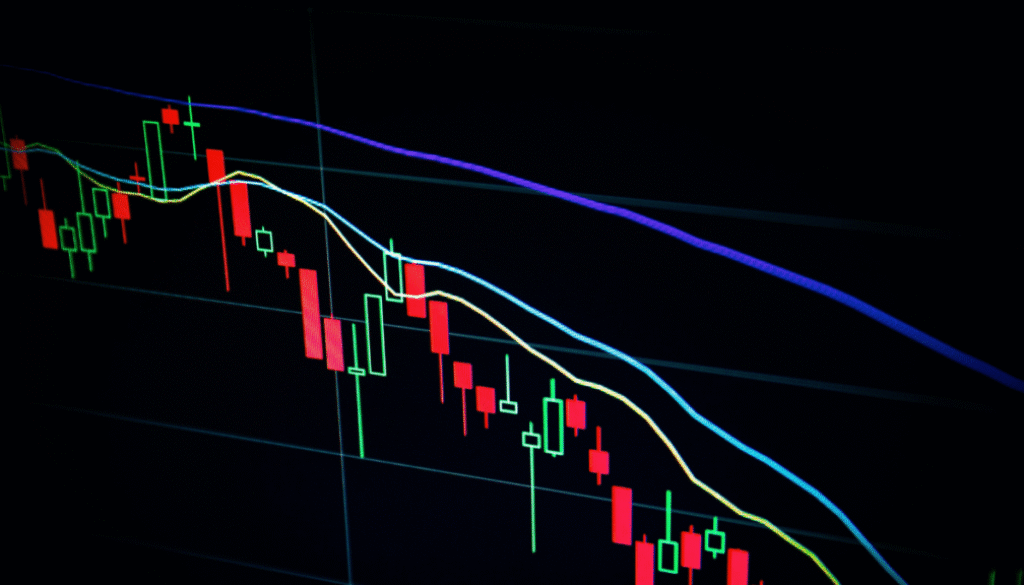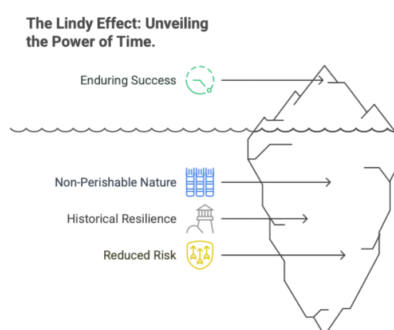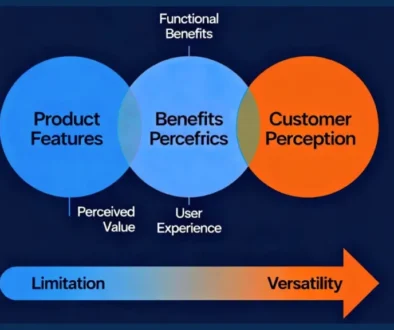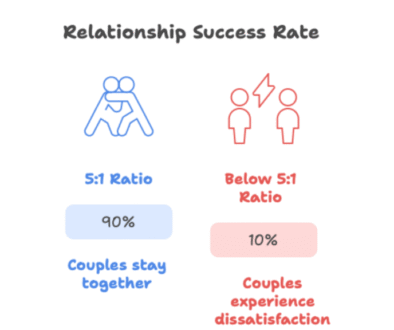Understanding Prospect Theory: Why We Fear Losses More Than We Value Gains
Have you ever wondered why losing $100 feels more painful than gaining $100 feels satisfying? This psychological bias is at the heart of Prospect Theory, a groundbreaking concept in behavioral economics developed by Daniel Kahneman and Amos Tversky in 1979.
In this blog post, we’ll explore:
✔ What Prospect Theory is
✔ The role of loss aversion in decision-making
✔ Real-world examples of how it affects our choices
✔ Practical ways to overcome irrational financial decisions
Let’s dive in!
What Is Prospect Theory?
Prospect Theory explains how people make decisions when faced with risk and uncertainty. Unlike traditional economic models that assume humans act rationally, Kahneman and Tversky found that emotions heavily influence our choices.
The theory has two key stages:
-
Editing Phase – People simplify decisions by focusing on gains and losses rather than final outcomes.
-
Evaluation Phase – Individuals assess these gains and losses based on perceived value rather than actual results.
The most fascinating insight? Losses hurt about twice as much as gains please us. This is called loss aversion.
Loss Aversion: Why We Hate Losing More Than We Love Winning
Loss aversion explains why people:
-
Hold onto losing stocks hoping they’ll rebound
-
Avoid necessary risks even when potential rewards are high
-
Stick with familiar (but suboptimal) choices rather than trying better alternatives
Real-Life Examples of Loss Aversion
-
Investing – Many investors sell winning stocks too early (to “lock in gains”) but hold losing stocks too long (to avoid realizing a loss).
-
Marketing – “Limited-time offers” work because people fear missing out (FOMO) more than they value the discount itself.
-
Everyday Decisions – People stay in unsatisfying jobs or relationships because the fear of change outweighs potential benefits.
How to Overcome Loss Aversion
While loss aversion is hardwired into our brains, we can mitigate its effects with conscious effort:
✅ Reframe Decisions – Instead of thinking, “I could lose $500,” ask, “What’s the potential upside?”
✅ Set Clear Rules – Investors use stop-loss orders to prevent emotional decisions.
✅ Focus on Long-Term Goals – Short-term losses matter less when aligned with bigger objectives.
✅ Practice Mindfulness – Recognize when fear is driving your choices rather than logic.
Final Thoughts
Prospect Theory reveals that humans are not perfectly rational decision-makers—we’re influenced by emotions, particularly the fear of loss. By understanding loss aversion, we can make better financial, professional, and personal choices.
Have you ever noticed loss aversion affecting your decisions? Share your experiences in the comments!



